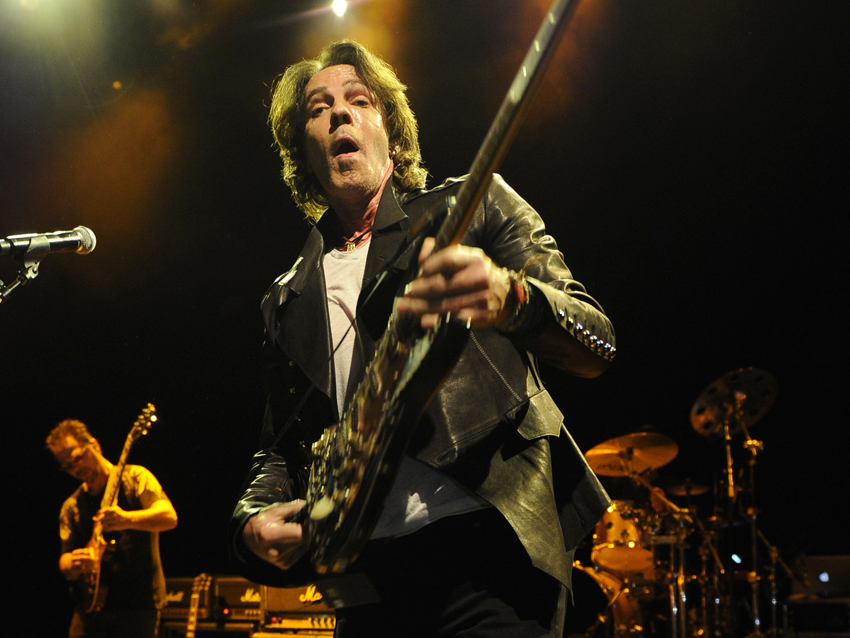
Rick Springfield: the 10 records that changed my life
For musician, actor and author Rick Springfield, coming up with a list of the 10 most important records in his life proved to be no problem – until he came to the end. “I wish there were more than 10 slots,” he jokes, “because I have another 3,791 albums in mind.”
Although Springfield seems to keep adding credits and talents to his bulging resume, music was his first – and remains his most enduring – obsession. The son of an army officer, he grew up on military bases in England and Australia, spending just enough of his early teens in the UK to catch the first wave of Beatlemania firsthand. At the time, millions of parents were fighting losing battles over the influence of rock ‘n’ roll on their kids, but Springfield had it relatively easy on that front: His folks encouraged his interest in music – at first.
“They actually bought me my first guitar and helped me get others,” he says. "But when music began to interfere with my schoolwork, my mum got nervous. I started staying home from school so I could play guitar, and she started getting really scared. Eventually I was asked not to return to school, and she lost her mind.”
However, Springfield adds that when he was faced with the decision to join a band or redo 11th grade, his parents came around and told him to follow his musical dreams. “This was a revelation to me,” he says. "I’d never really thought I had an autonomous choice. They were champions from that moment on.”
Springfield’s adolescence also coincided with the emergence of the album as an art form, but the singer recalls that he was already a fan of the LP experience. “My first record had been an album,” he explains, “and then there was all the stuff my parents had, like Rodgers and Hammerstein shows, which were on albums. I grew up thinking that the single was the promo for the album.
“When The Beatles didn’t put singles on their albums in England and Australia, I couldn’t figure it out. Then I realized that they could write a hit song standing on their heads, and they didn’t need to use a successful single to have people buy their fucking unbelievably great albums.”
These days, whether he’s bouncing between tour dates and film locations or settling behind his computer (his 2010 memoir was a NY Times bestseller, and on May 6 he publishes his debut novel, Magnificent Vibration), Springfield listens to his massive music collection on his iPod. Not that he’s without a few gripes: “I hate iTunes with their controlling ‘you-can’t-play-this-song-on-this device-‘cause-you-didn’t-buy-it-from-us’ and their incredibly non-intuitive interface. Shuffle is a good feature, but most of the time I’ll put on a whole band or album.”
And as for the resurgence in vinyl, Springfield insists that he’s sitting this one out. “Frankly, I can’t be bothered with the vinyl thing, although I miss it desperately,” he says. “The whole art form was amazing, but it’s tough to go back to the farm once you’ve seen the city.” He’s also a big believer in keeping his iPhone and iPod separate: "I never put fave songs on my phone because the phone is always a call to action, and that turns the song I love into a strident ‘Answer the damn phone!’ scream.”
Springfield's debut novel, Magnificent Vibration (available May 6 from Touchstone), can be pre-ordered at this link. On the following pages, he runs down the 10 records that changed his life.
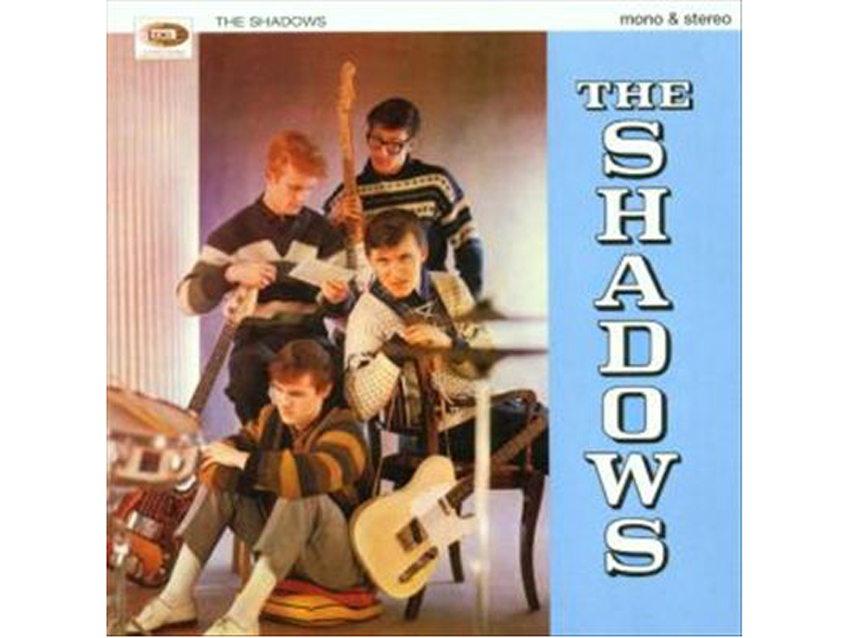
The Shadows - The Shadows (1961)
“This LP was my 'big' present one Christmas in England when I was 11. The Shadows were an instrumental band, and Hank B. Marvin, their lead guitarist, was the first bona fide English guitar hero. Clapton, Brian May and Ritchie Blackmore all acknowledge their debt to this guy. Hank was the first person in Europe to own a Fender Strat – and it was red!
“At 11 years old, I thought that guitar was the most beautiful thing I'd ever seen – girls were not really on the radar yet. I would spend hours making life-size cardboard versions of Hank’s guitar so I could lip-synch Shadows songs and watch myself in the reflection of our living room window in Woking.
“Hank's Strat tone is still one of the best ever – it’s right up there with Hendrix and Mark Knopfler, who is also a giant Hank B. Marvin fan. I still have my original Shadows album, which I eventually got all The Shadows to sign. It’s awesome.”
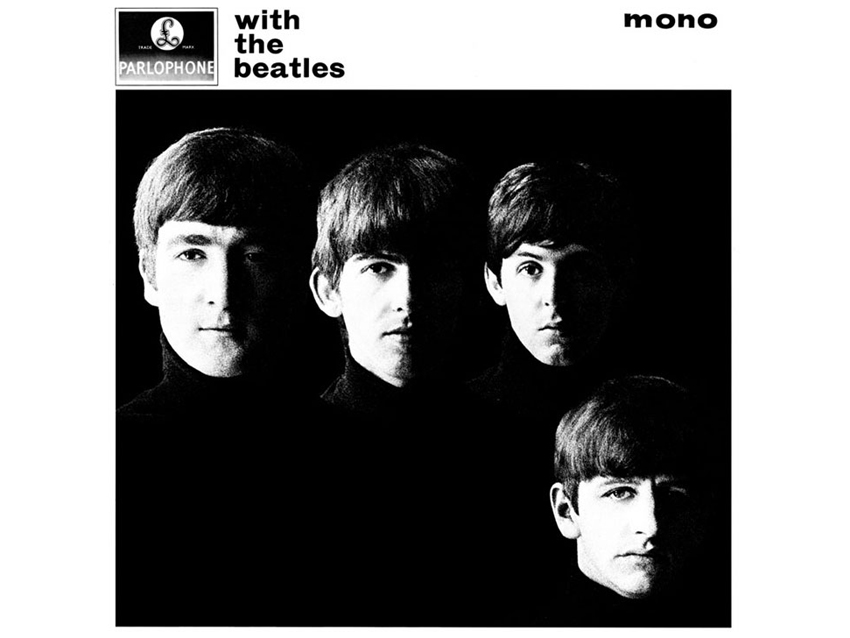
The Beatles - With The Beatles (1963)
“I was back living in Australia when this record came out. I couldn’t afford to buy a copy, so I'd just go to parties because I knew someone would have it and be playing it non-stop. My brother had bought the first Beatles album, and I'd listen to it through the bedroom walls. With The Beatles showed me that the band could make a great second record, which back then didn’t usually happen.
“There was this expectation that everyone’s second record wouldn’t be as good as the first and that all B-sides were crap. The Beatles changed all that. Every song sounded fucking amazing. And they all sang and played and wrote, and they looked like they came from the land of the gods!”
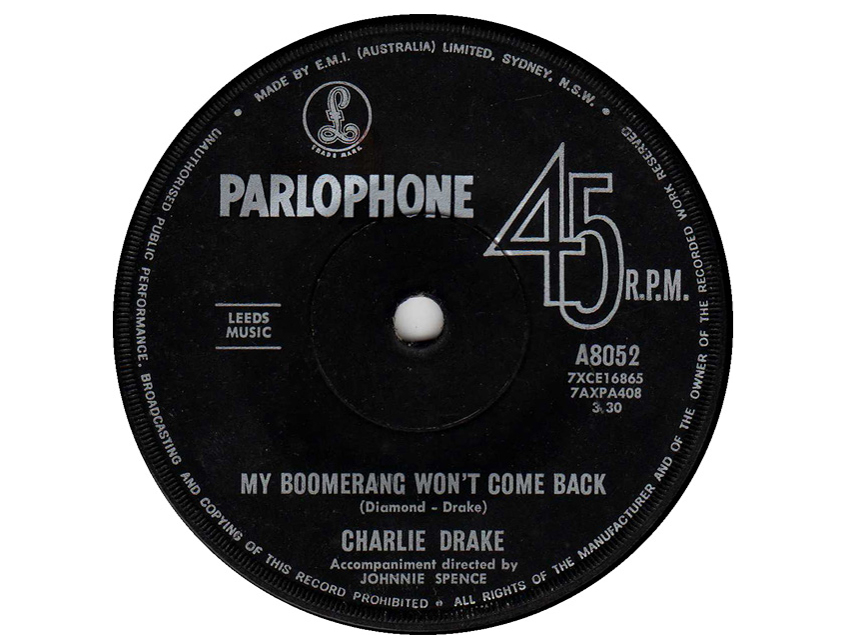
Charlie Drake - My Boomerang Won't Come Back (1961)
“The first 45 my parents ever bought for me, along with the first record player I'd ever seen. Charlie Drake was a big English comedian. Again, we were living outside London, and I think my parents thought I'd like this record because it would remind me of home – boomerangs are Australian, you know.
“It was a silly song but I loved it, and it introduced me to the reason I never did my homework – the record player!”
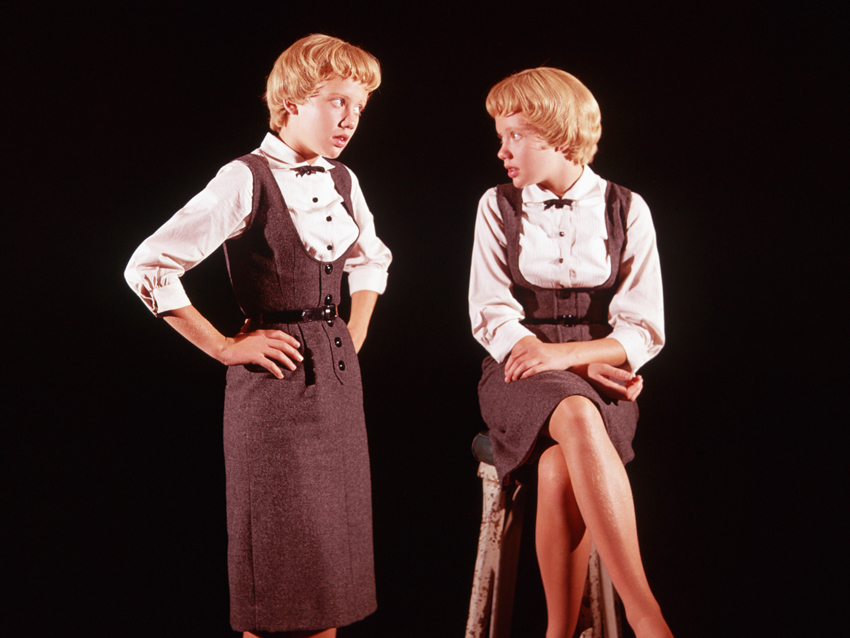
Hayley Mills - Let's Get Together (1961)
“This was the first record I actually bought for myself. Yes, I would love to have said it was a Robert Johnson LP, but it wasn’t.
“I was 12 years old and the hormones were kicking in, and I'd just seen the burning hot Hayley Mills in The Parent Trap. She sang this god-awful song really badly, but she was smokin’. It was a 45 and I had 10 shillings in my pocket, and that’s all that mattered. Plus, I learned that music equals sex.”
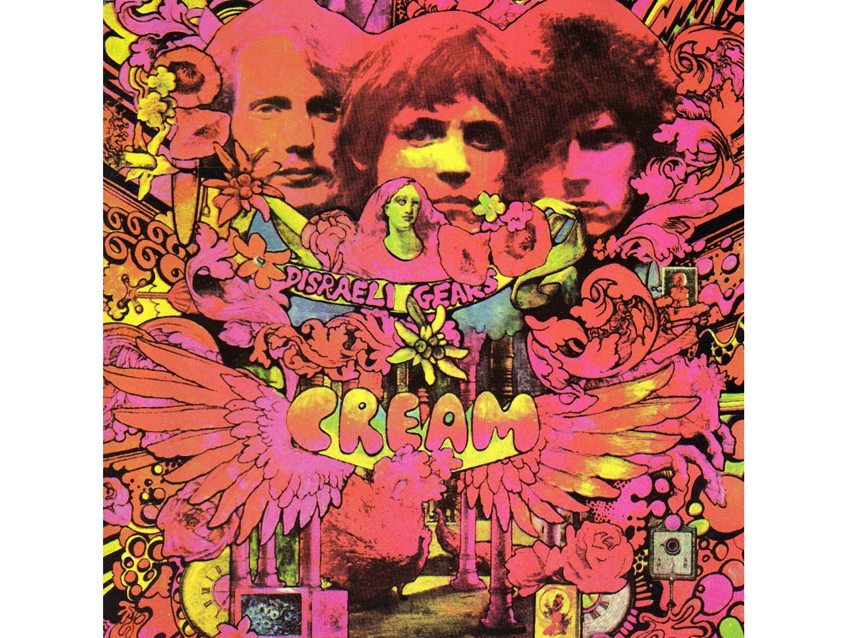
Cream - Disraeli Gears (1967)
“Still one of my all-time fave albums. Besides his soloing on While My Guitar Gently Weeps, this is Eric Clapton's best and most original playing. His solos were mythical, the songs were pop/blues masterpieces, and everybody was playing and singing their asses off.
“This was the first time I had enough expertise on the guitar to cop some of the songs and solos in the bands I was playing in. Dance The Night Away is still one of the most haunting rock songs ever.”
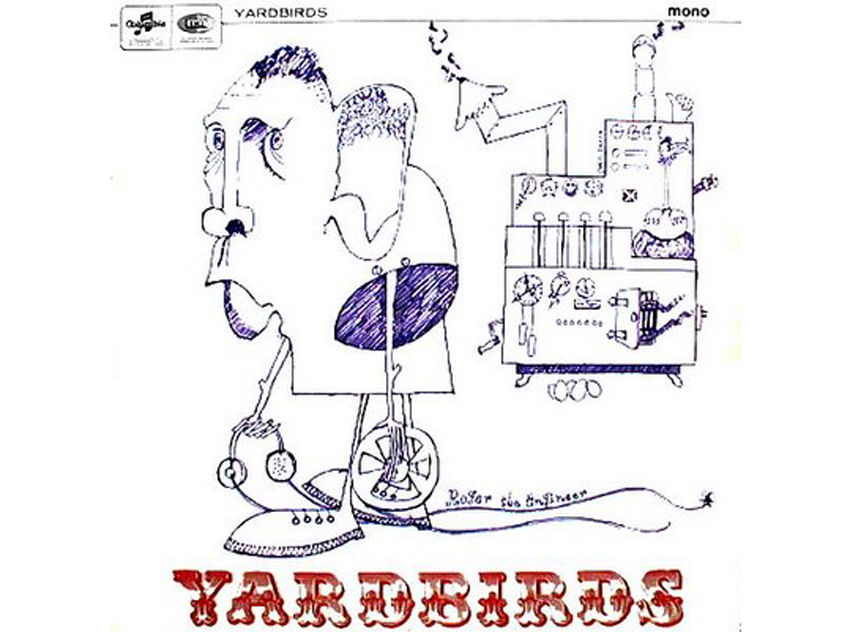
The Yardbirds - Roger the Engineer (1966)
“Jeff Beck was my hero at this point. He was doing things on the guitar that I just couldn’t understand. I didn’t know about slide playing back then, and I would struggle to get the same sound with my fingers that he was getting with a metal slide – it frustrated the hell out of me.
“The Yardbirds were the best English blues-based band of that era. Great original songs and amazing players.”
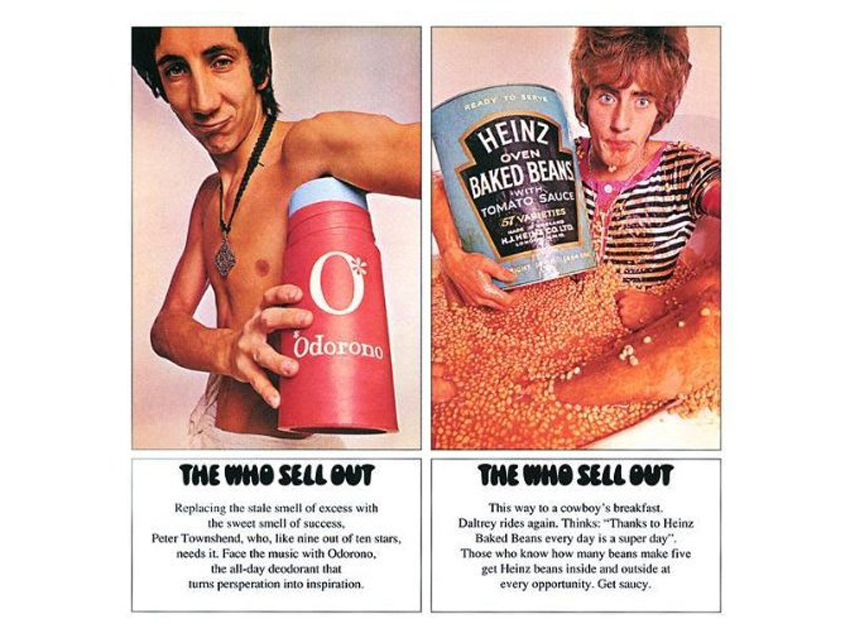
The Who - The Who Sell Out (1967)
“I'd just seen these guys at Melbourne’s Festival Hall in, I think, ’65, and they played Tattoo from this record. I immediately went out and got the album, and it blew my tiny mind.
“The whole radio station concept – with radio links and ads between songs – is still one I try and copy with every record I make. But it never sounds like Sell Out, so I shelve the idea every time. The song flow is so spectacular on this record, and it’s one of my desert island records.”
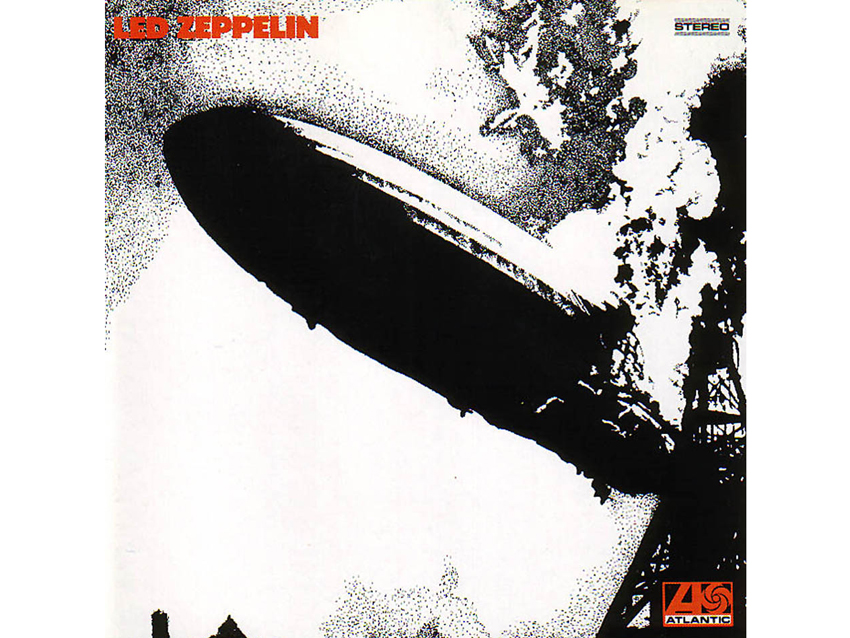
Led Zeppelin - Led Zeppelin (1969)
“In 1969, it felt like there was this hole in the music business that nobody was paying attention to – until Led Zep stepped in and filled it. I remember thinking, ‘Heavy guitar riffs!’ Of course – why didn’t we all think of it?
“The Kinks had thrown the idea out there with the brilliantly stumbled-upon sound of the opening chords to You Really Got Me, but then most of us let it drop. The great guitar lines of the early Zeppelin stuff are like the gold of El Dorado. We're all still trying to find them again.”
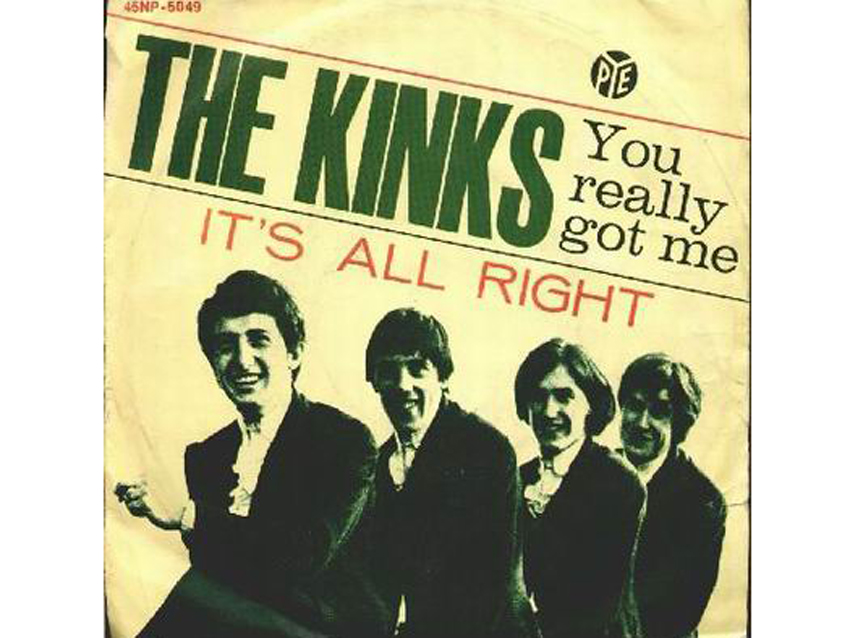
The Kinks - You Really Got Me (1964)
“This record was significant to me for many reasons. One, it was the first record I ever successfully stole from the money-hungry bastard who ran the local electrical shop that also sold 45s. Two, it was the first time I heard angry guitar. And three, it’s still the perfect rock song from start to finish.
“It showed me that you didn’t have to have some wild, screaming voice to be able to rock. Ray Davies delivered the song in a kind of semi-macho whine. It was totally cool! And the guitar solo – I'd never heard anything played so fast in my life. I first thought they must have sped up the solo – it was so fast. One of the classic 45s of all time.”
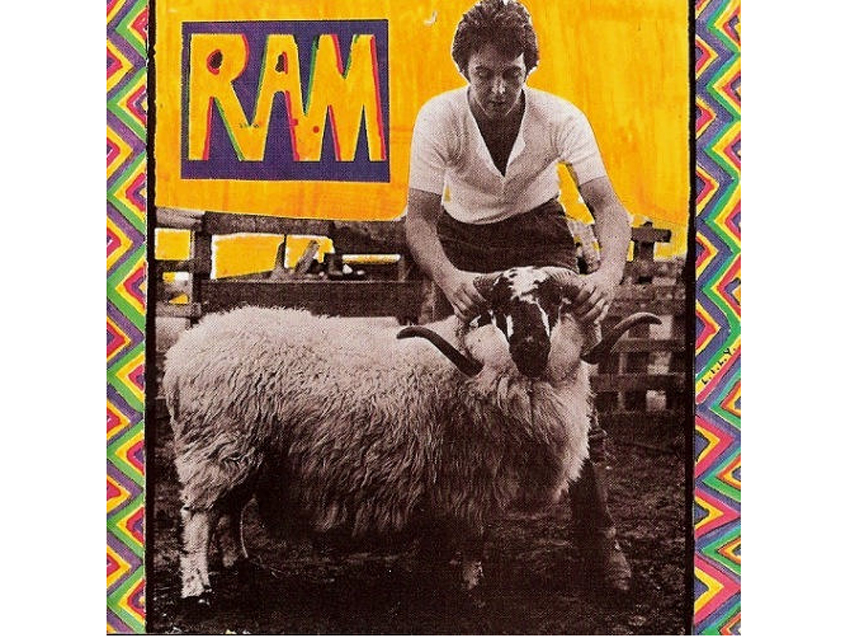
Paul McCartney - Ram (1971)
“I know a lot of people didn’t think much of this album, but I couldn’t stop playing it. To me, it was the Paul of The Beatles finally doing what he does best, on his own.
“Hip, unfathomable, weird lyrics, sweet melodies, great musicianship and a voice that could sound like a lover’s whisper or a hurricane. And he's still one of the best-looking guys in the biz. I admit I've had a boy-crush for years. Back Seat Of My Car could easily have been on Sgt. Pepper.”
Joe is a freelance journalist who has, over the past few decades, interviewed hundreds of guitarists for Guitar World, Guitar Player, MusicRadar and Classic Rock. He is also a former editor of Guitar World, contributing writer for Guitar Aficionado and VP of A&R for Island Records. He’s an enthusiastic guitarist, but he’s nowhere near the likes of the people he interviews. Surprisingly, his skills are more suited to the drums. If you need a drummer for your Beatles tribute band, look him up.
